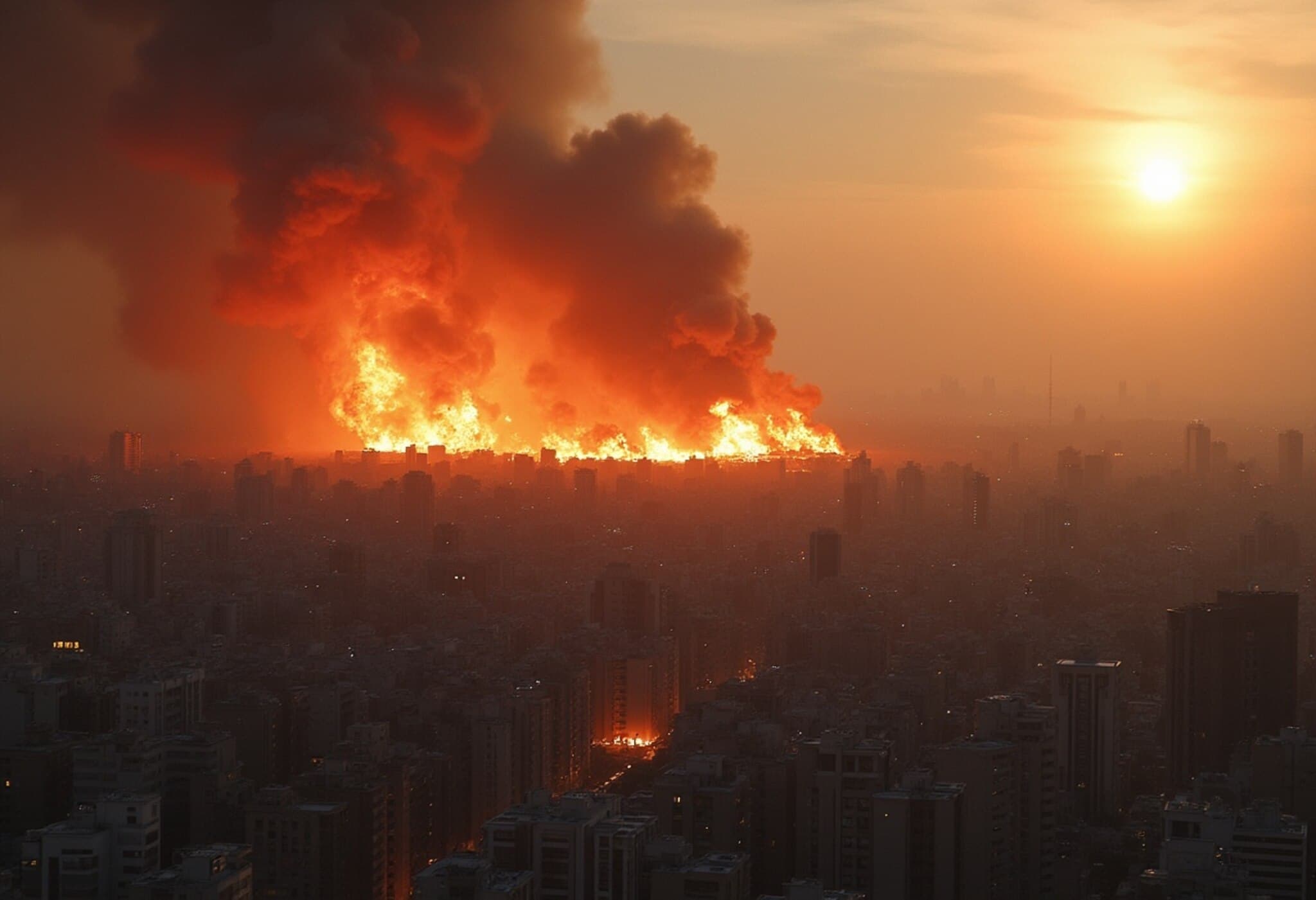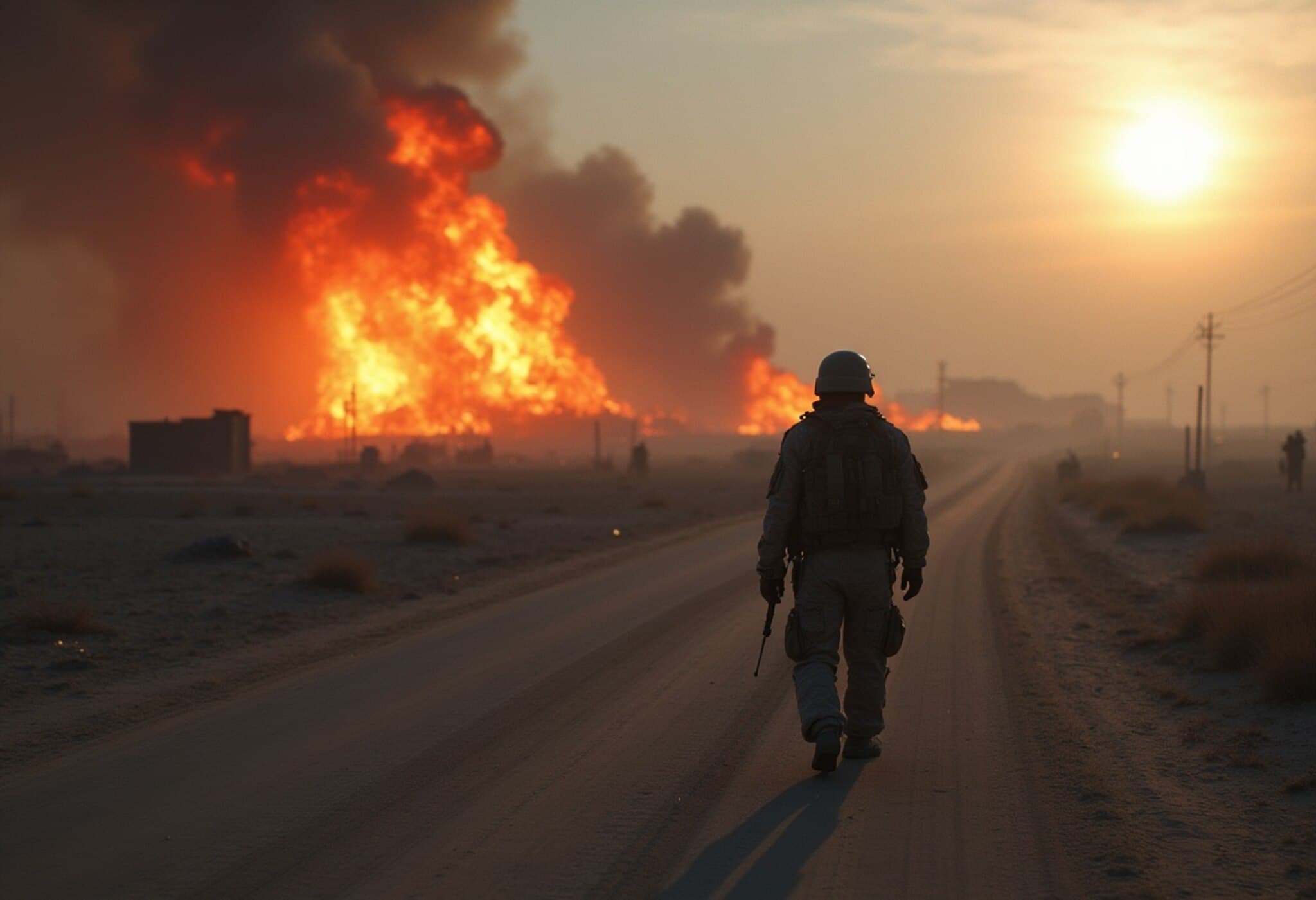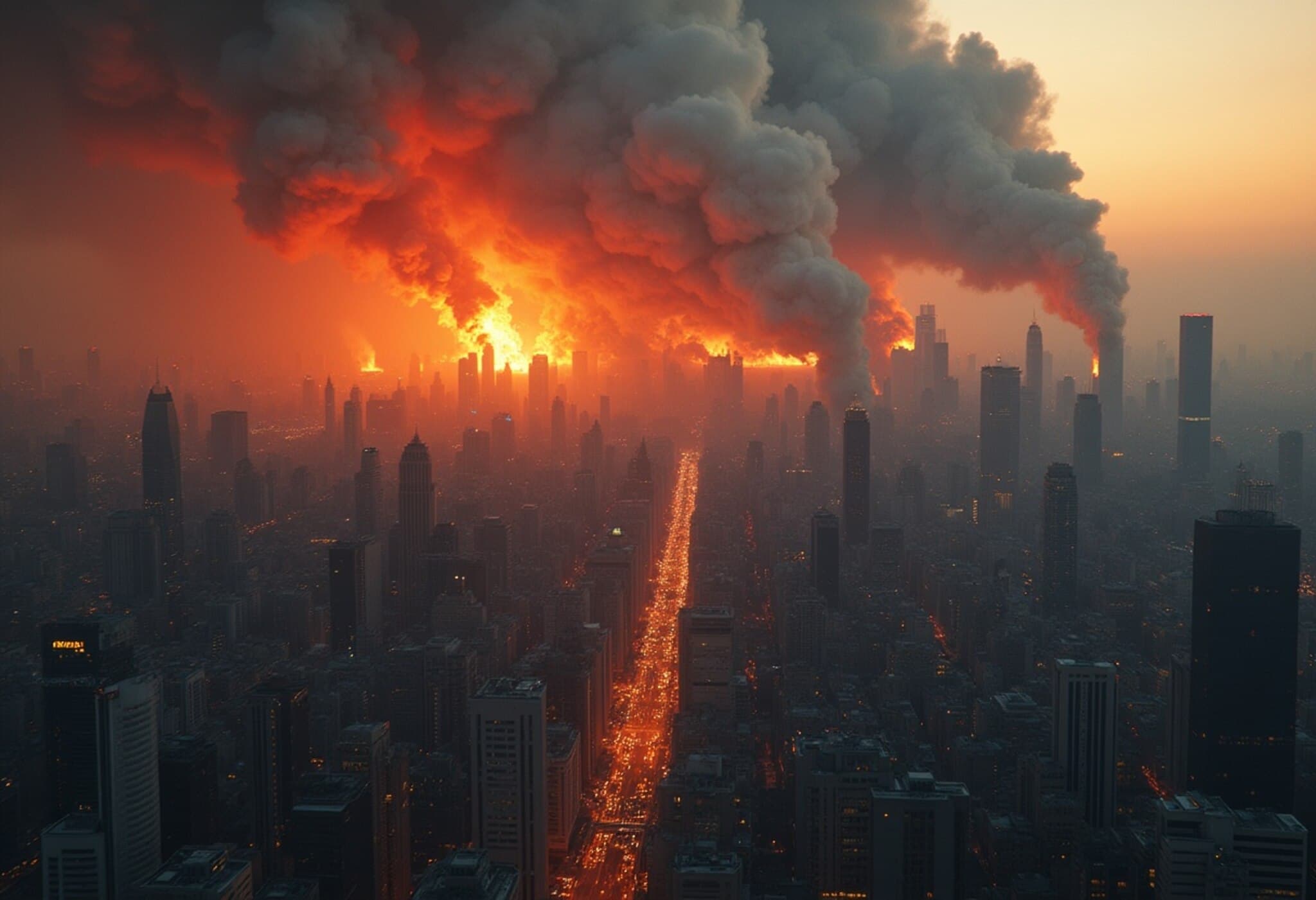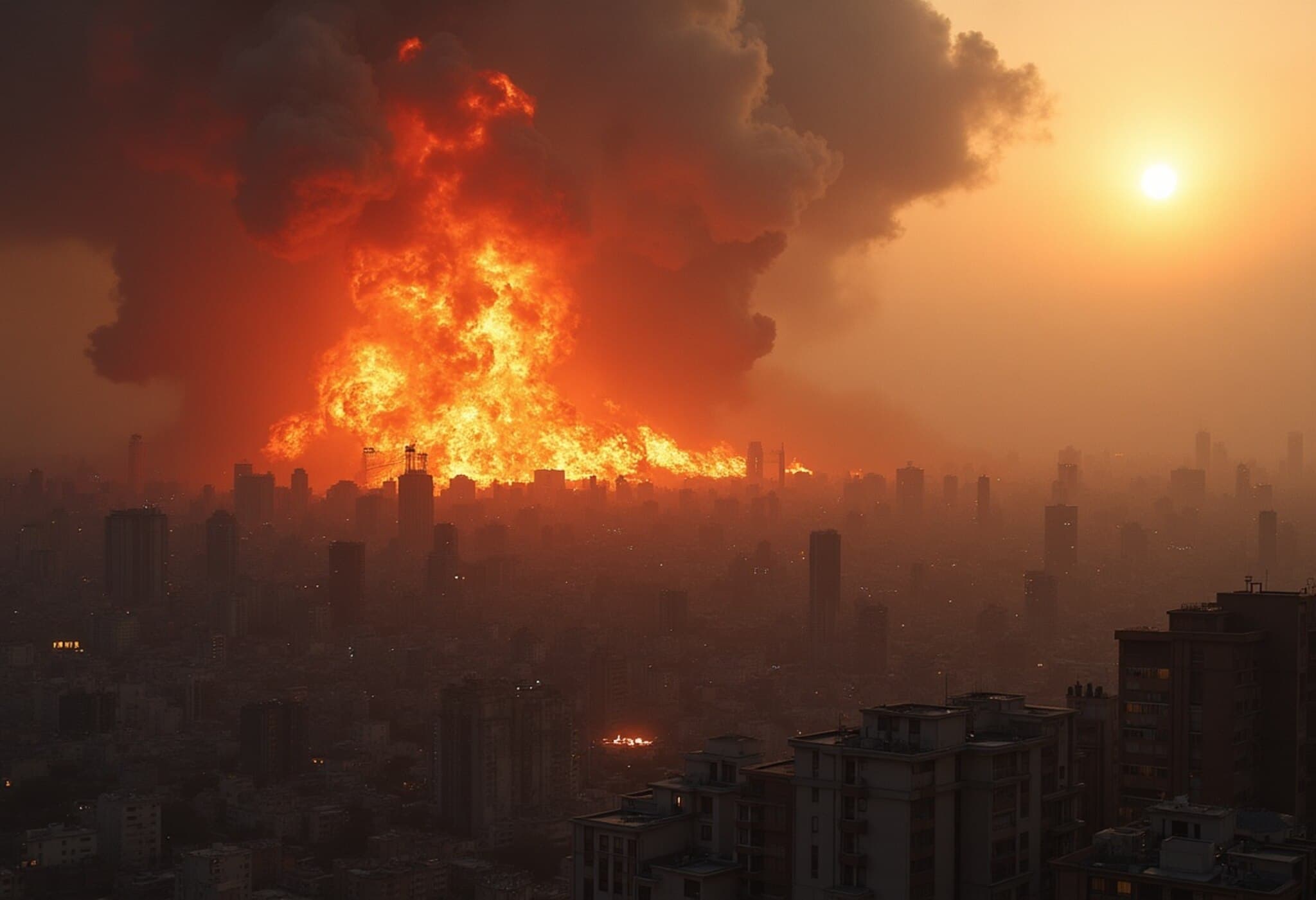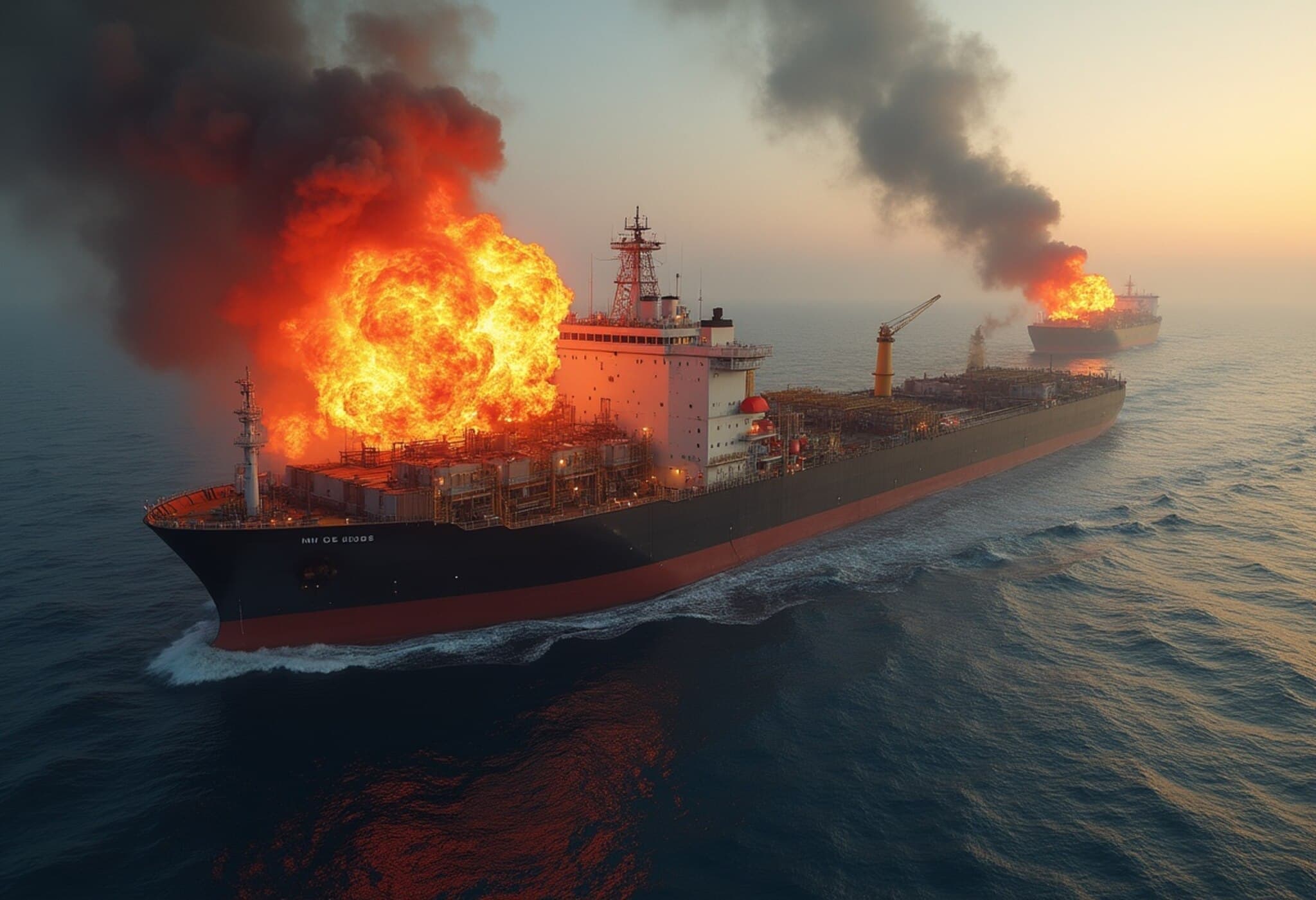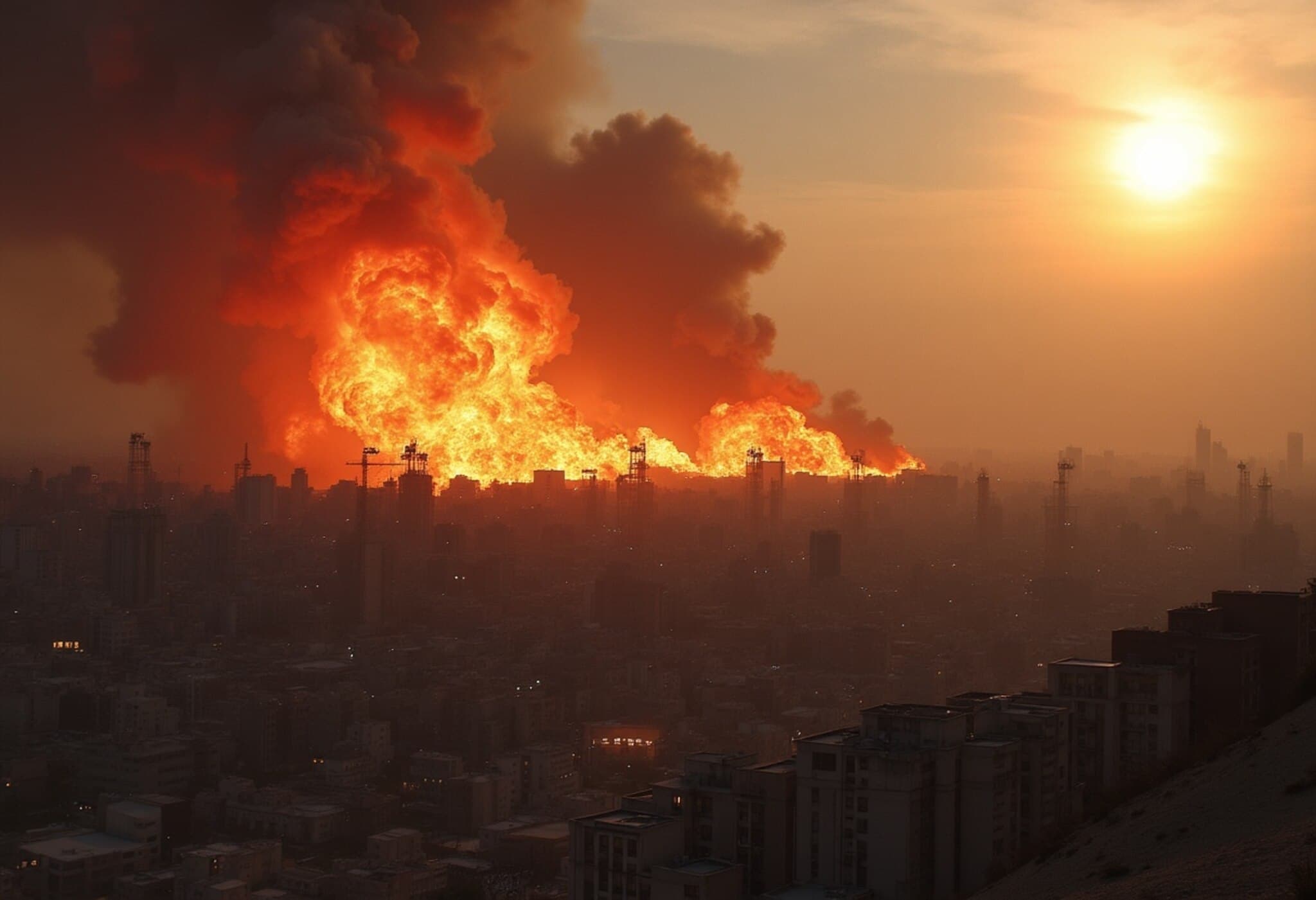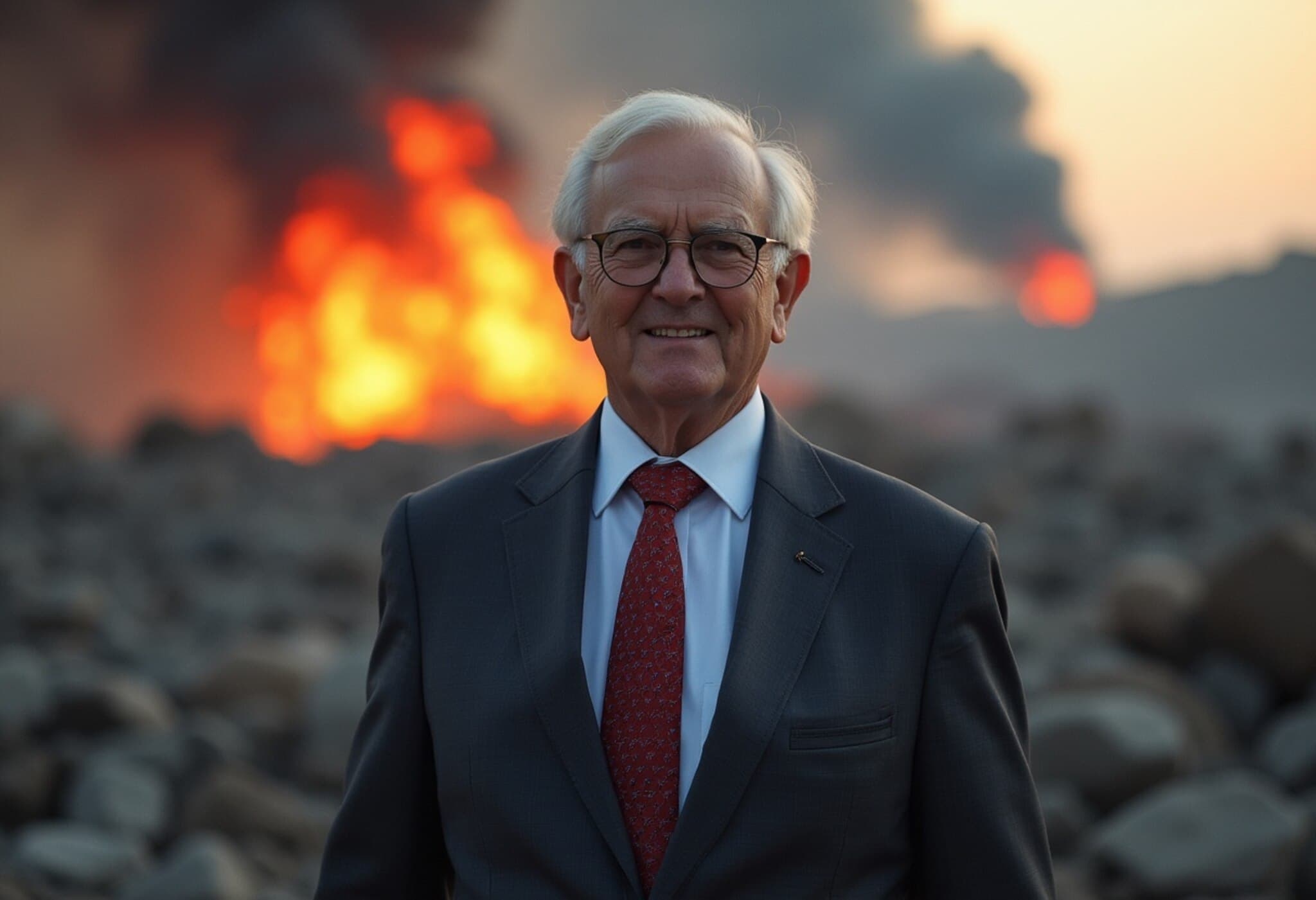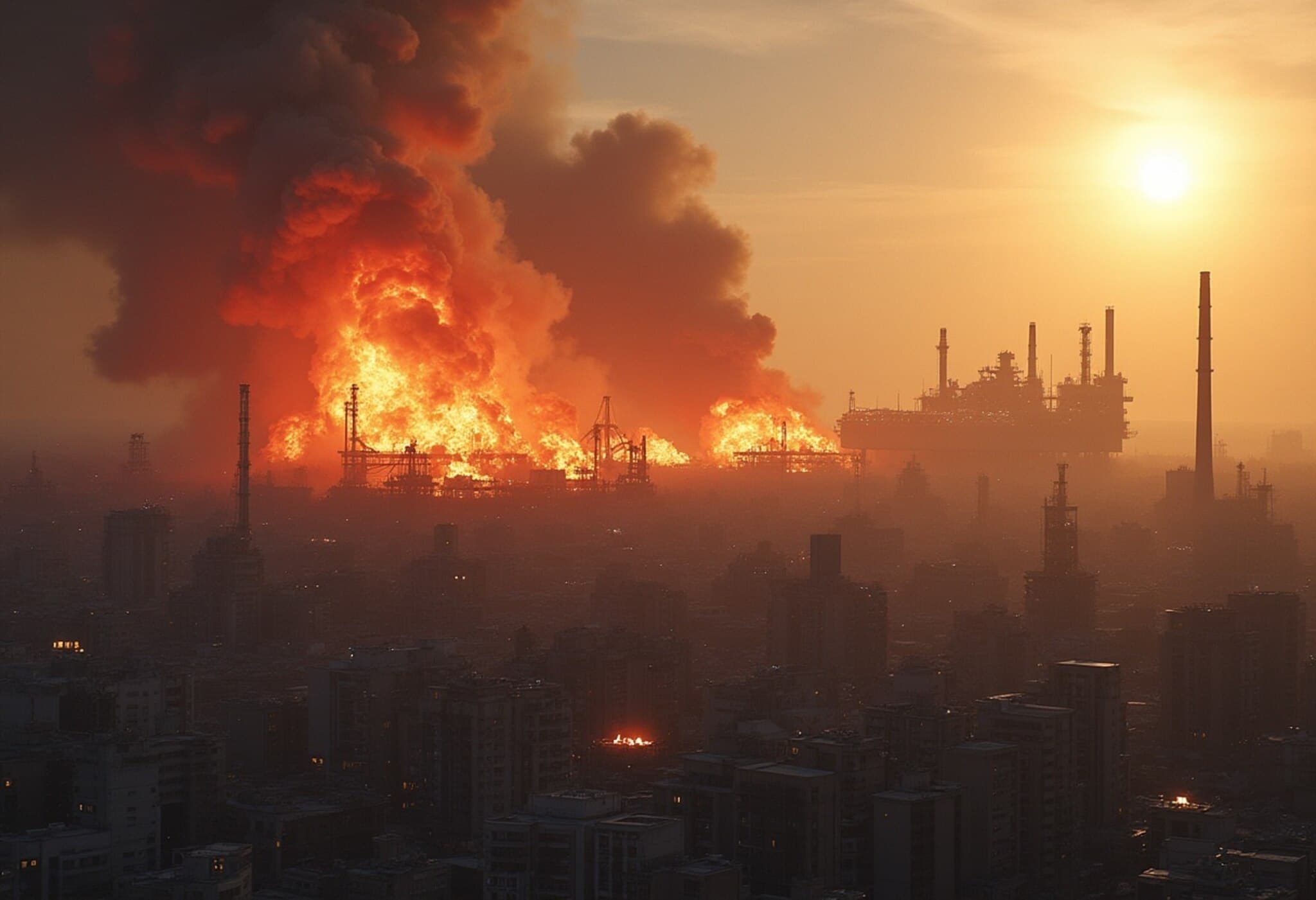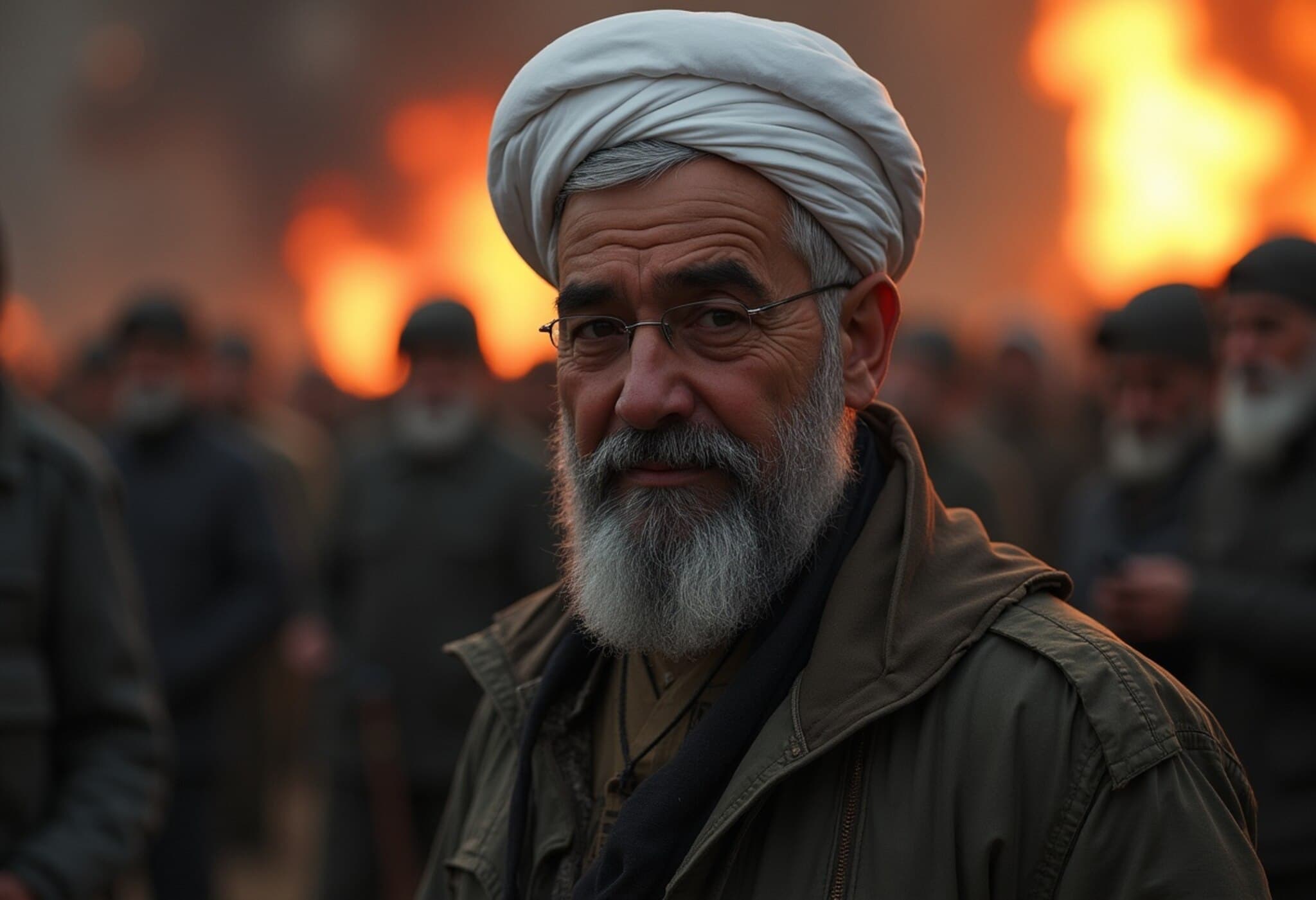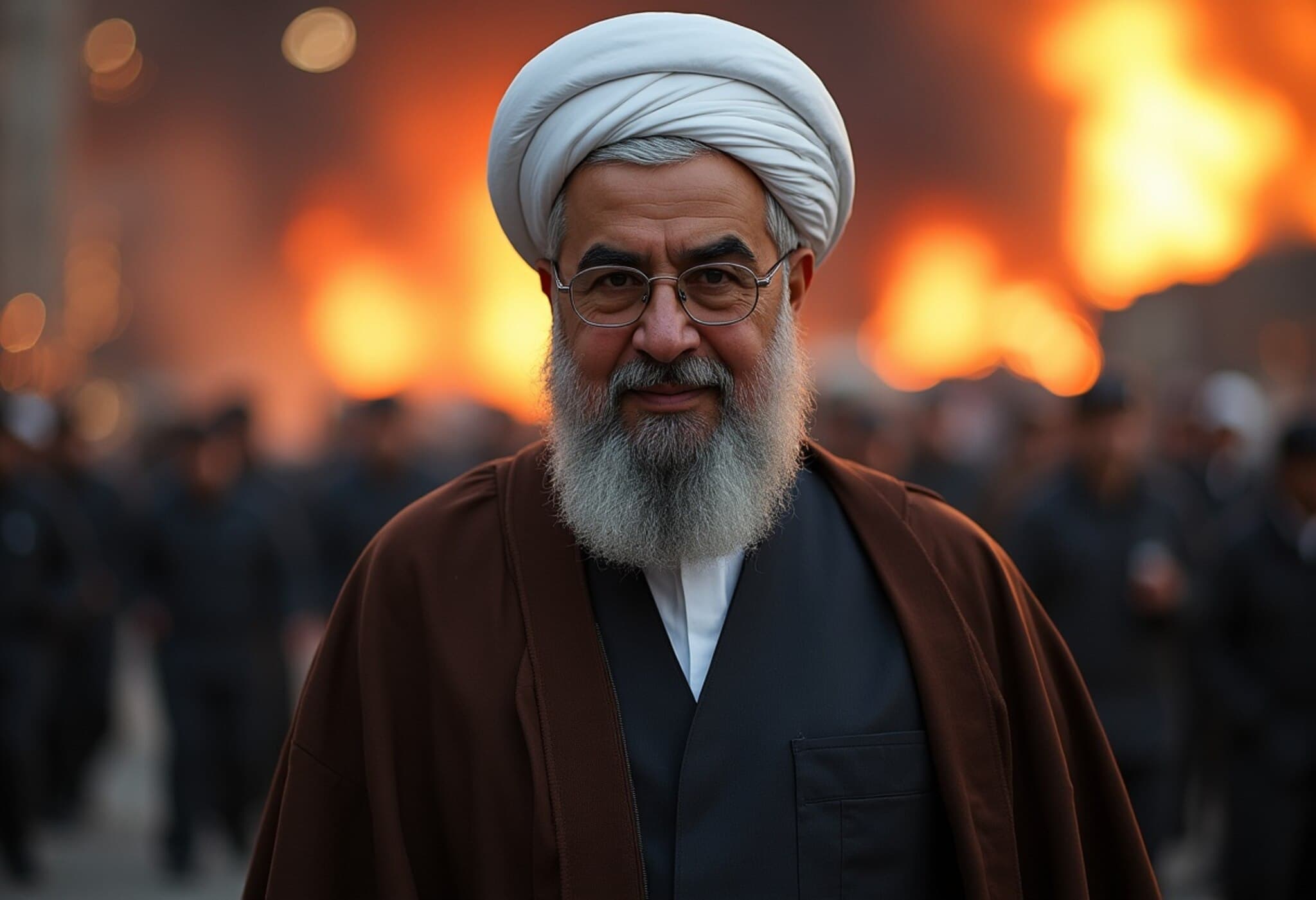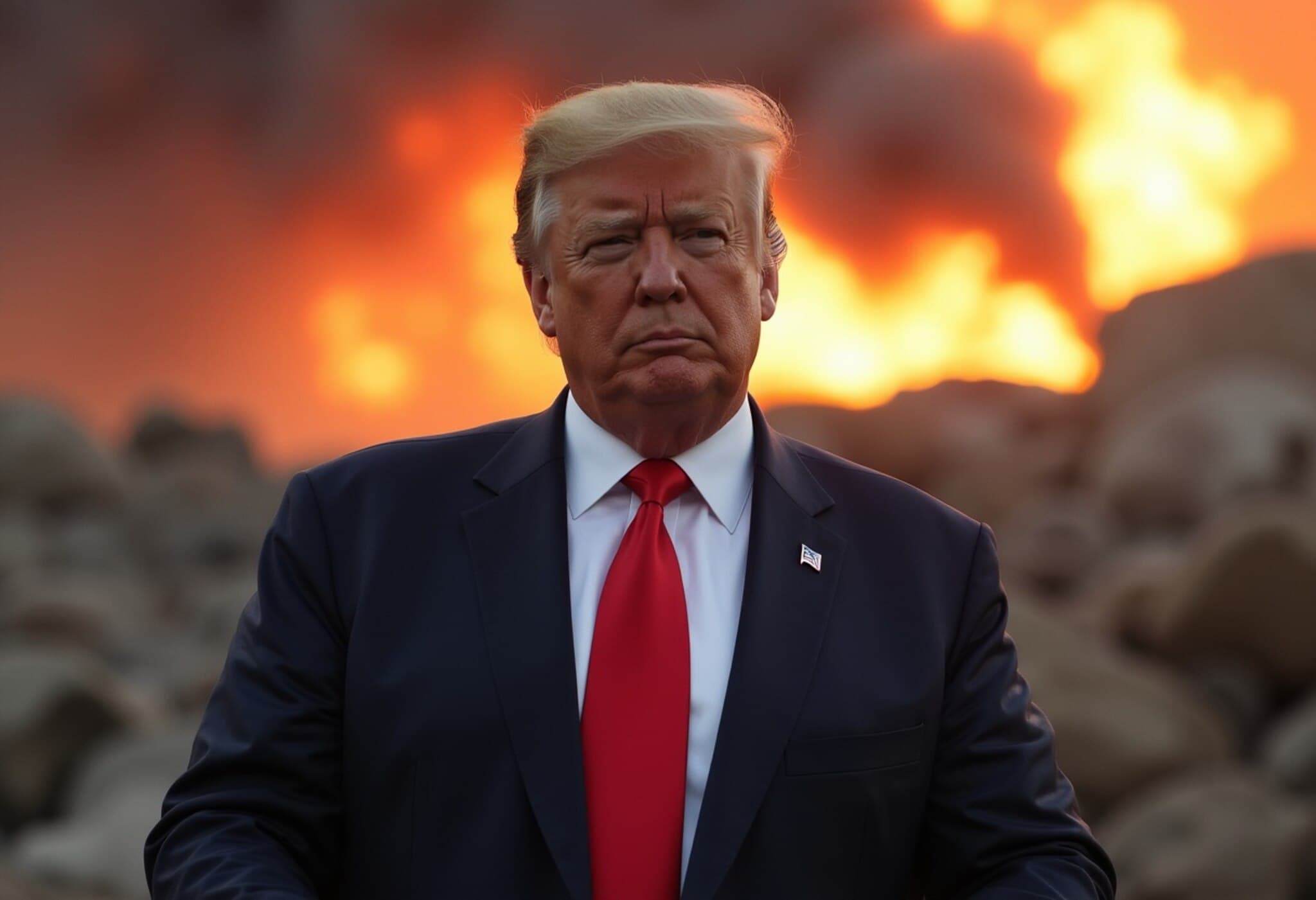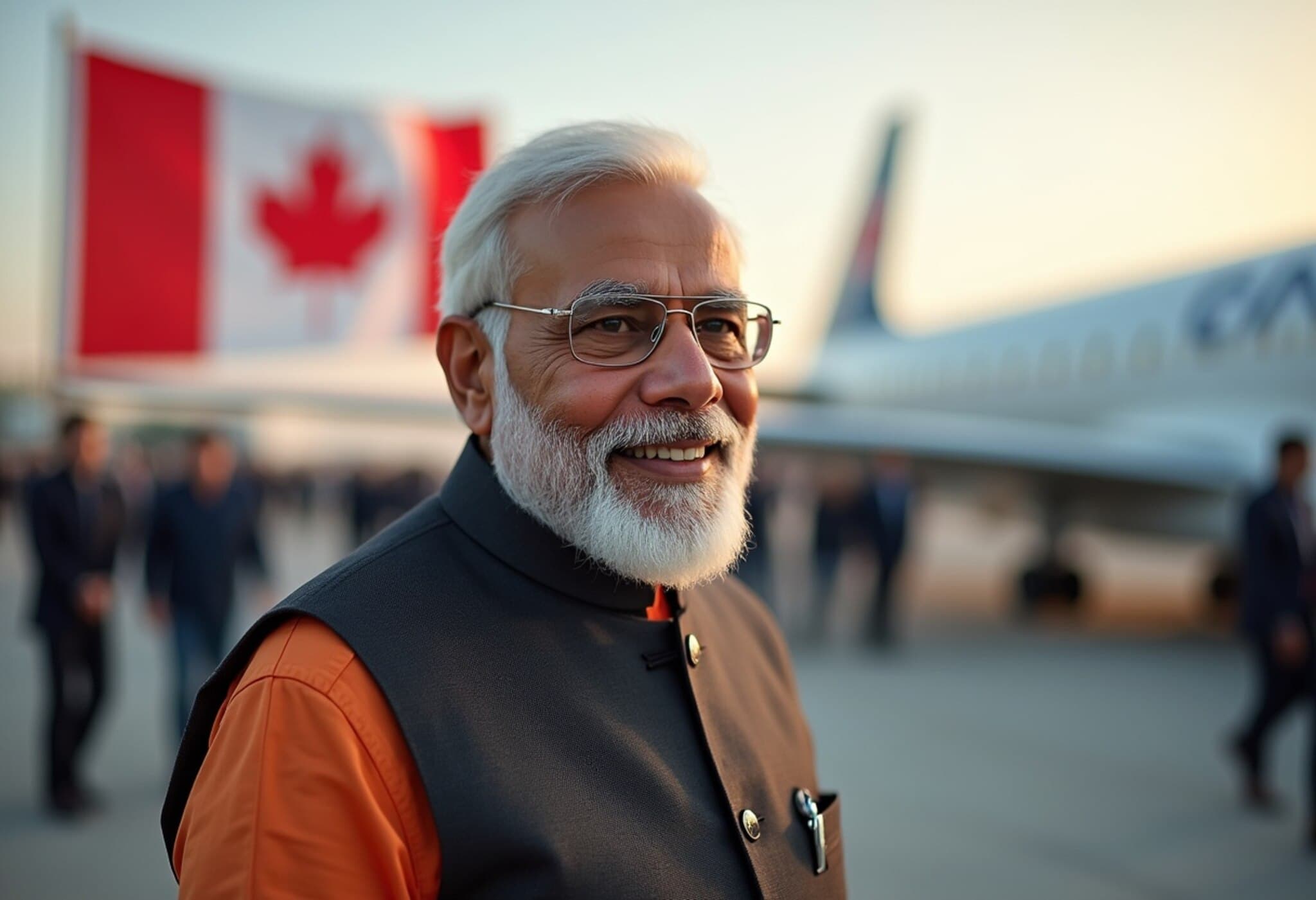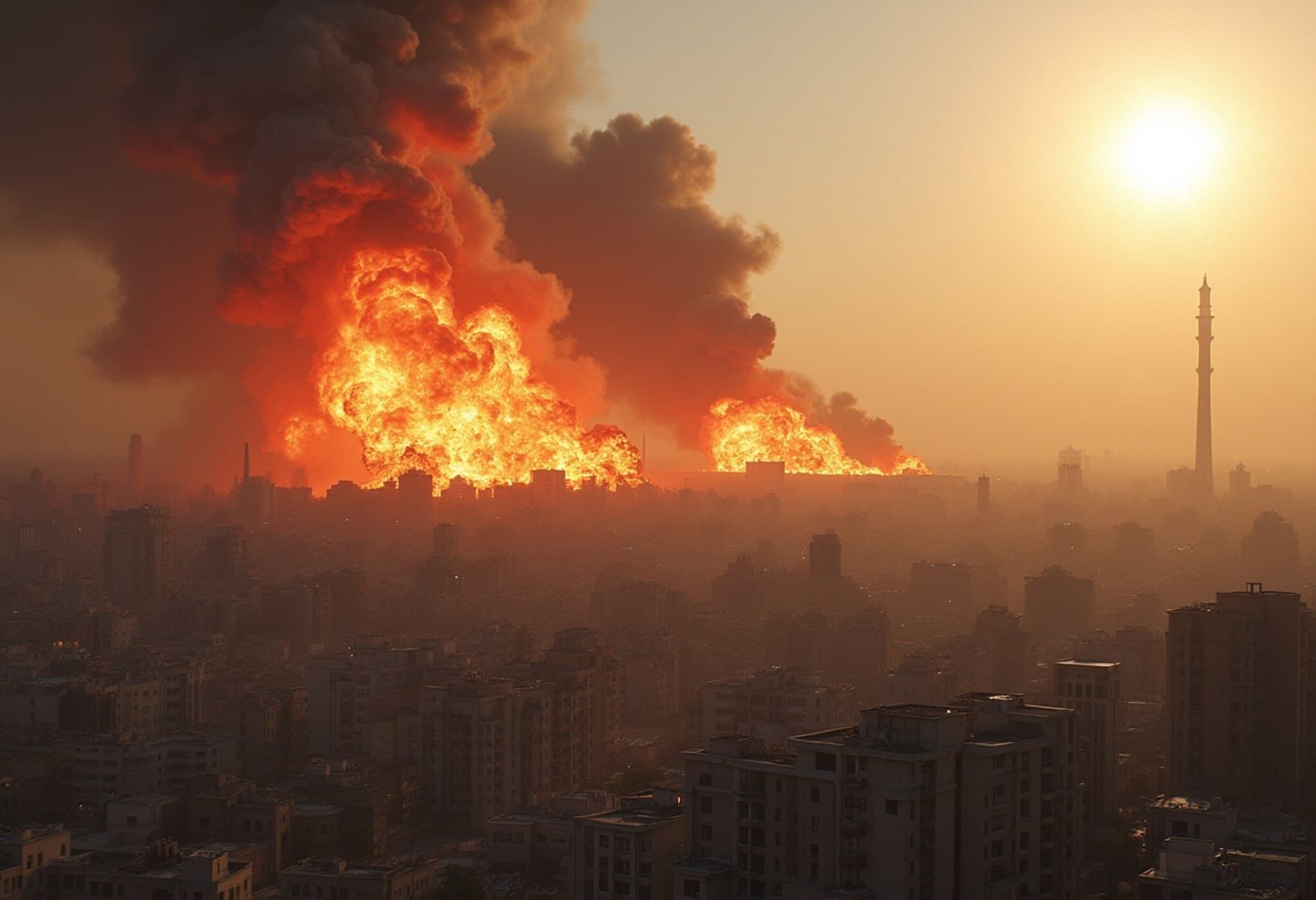Markets Brush Off Israel-Iran Conflict Despite Rising Tensions
Global investors appear to be underestimating the repercussions of the ongoing conflict between Israel and Iran, as stock markets maintain their upward trajectory despite escalating violence in the Middle East. This conflict, which has surged over the past several days, has left hundreds dead and raised widespread geopolitical alarms.
Investor Optimism Vs. Geopolitical Realities
Despite the battle marking its fourth continuous day, with significant casualties reported, major stock indexes showed resilience on Monday. European shares closed higher, with pivotal indices such as the FTSE 100 and Germany's DAX trading in the green. Surprisingly, even Middle Eastern markets followed suit — the Tel Aviv 35 index rebounded by 1% after last week’s declines.
This phenomenon points to a market that might be shrugging off the gravity of the situation, possibly due to the complex and unpredictable nature of the conflict's trajectory.
Warnings from Market Strategists
Experts caution against this apparent market complacency. A strategist from Quantum Strategy highlighted that this conflict could extend far beyond the brief, sharp flare-ups investors are accustomed to in the region.
Additionally, a leading Middle East analyst underlined the severity of the current situation, describing it as an open-ended war with far-reaching implications — not only regionally but also for global energy markets. He emphasized the evolving and minute-by-minute impact the conflict exerts on market sentiment.
Energy Markets: The Epicenter of Volatility
Energy markets have been particularly reactive, reflecting fears over disrupted supply amid the mounting tensions. While global oil prices have eased from the spikes seen in previous geopolitical crises, Brent crude futures hovered around $73.75 per barrel, well below peaks reached during earlier conflicts.
Experts anticipate a temporary calm before a potential surge in hostilities, warning that this lull could mislead investors into a false sense of security. Consequently, some view current energy assets as attractive safe-haven investments during this uncertain period.
Market Reactions: Cautious Yet Optimistic
Not all analysts share a dire outlook. Some note that although retaliatory strikes have occurred, the conflict has yet to escalate to its most extreme phases. Historical trends suggest markets typically dip around 6% in the first few weeks after such shocks but then recuperate fairly quickly within the following weeks.
Further, market positioning ahead of this crisis was already cautious, limiting the scope for deeper sell-offs.
Potential Flashpoints to Monitor
One key concern remains the Strait of Hormuz, a crucial oil transit chokepoint between Iran and Oman. Any disruption there could sharply escalate risk premiums on energy prices globally. Yet, as of now, the absence of significant disruptions has kept market reactions mild.
Though the current restraint in market movements offers some relief, experts warn investors to brace for possible disappointments should the conflict escalate further, potentially involving wider regional or international actors.
Conclusion
While markets are holding firm amid the Israel-Iran conflict, the underlying risks are far from resolved. Investors should remain vigilant, recognizing that this unfolding geopolitical crisis could reshape energy prices and global financial markets in the weeks ahead.

